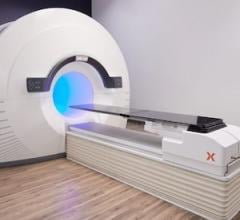September 21, 2007 — According to a new survey, the cognitive impairment experienced by 14 to 45 percent of cancer patients can be long-lasting and severely affect their personal and professional lives.
Patients report that the lack of concentration, short-term memory loss, difficulty with word recall and the inability to organize or multi-task have led to significant problems at home and in the workplace.
In addition to exploring the impact on their personal and professional lives, the Cognitive Changes Related to Cancer Treatment survey also uncovered that 42 percent of the survey respondents describe their doctors as dismissive or indifferent when it came to addressing their concerns.
"This survey clearly demonstrates the serious ramifications that enduring cognitive impairment can have on cancer patients' lives," said Dr. Ian Tannock, a leading researcher in the area of cognition and cancer. "It also underscores an immediate need for education in the medical community to bridge the gap between patients' concern and oncologists' understanding of this issue."
Cognitive Changes Related to Cancer Treatment was conducted between January and May of 2007 with 471 participants responding. This group is comprised of both men and women who were diagnosed with an array of cancers, primarily breast cancer, but also ovarian, lung, colorectal and other cancers.
For more information: www.hurricanevoices.org


 January 13, 2026
January 13, 2026 








